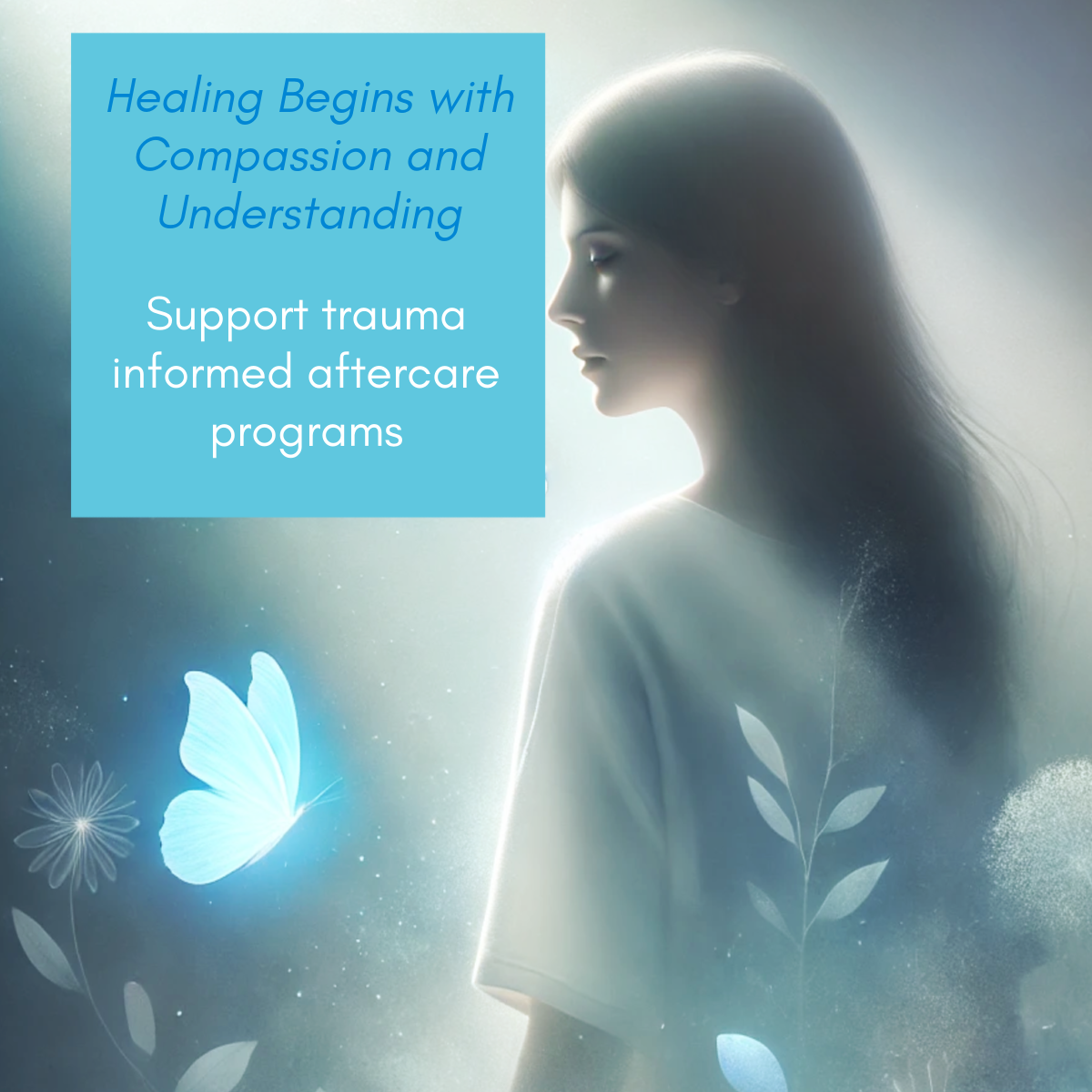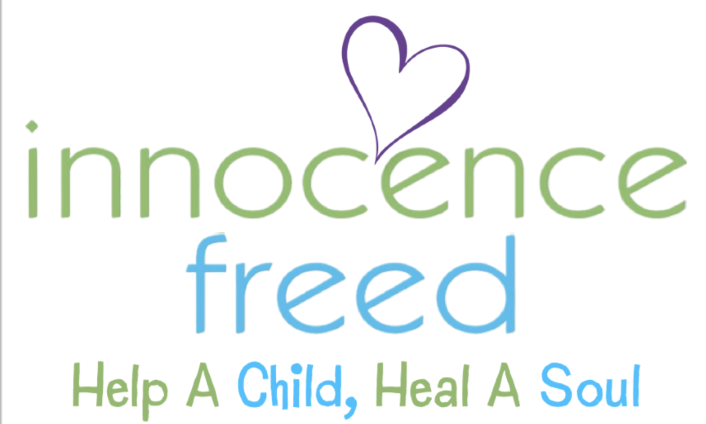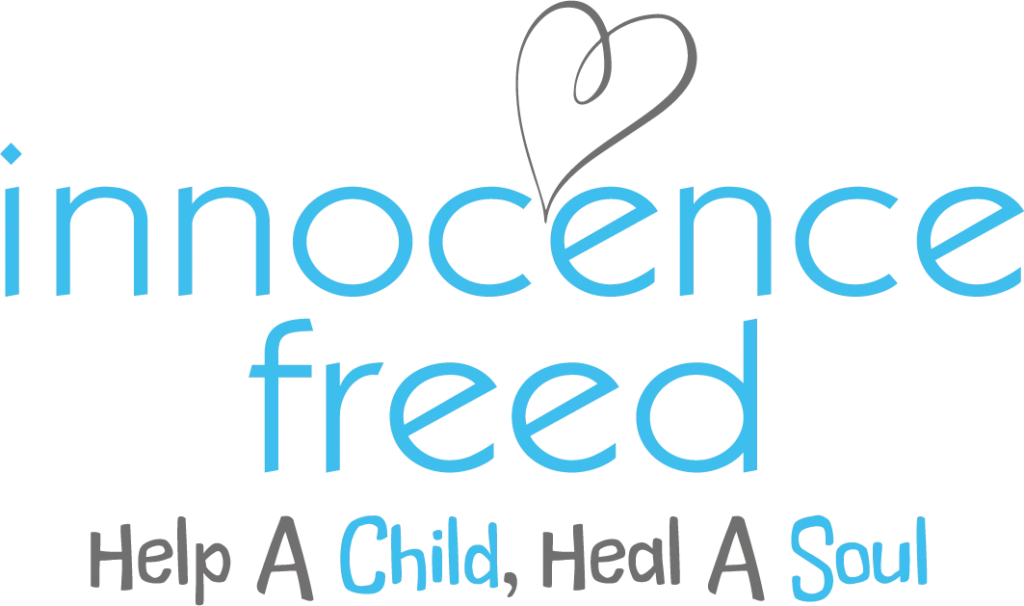
Why Trauma-Informed Aftercare Programs Are Crucial for Healing After Human Trafficking
Surviving human trafficking is an unimaginable ordeal that leaves deep emotional, psychological, and physical scars. After the trauma of trafficking, the healing journey is long and complex. One of the most critical elements in this recovery process is the trauma-informed aftercare program—a lifeline for survivors as they work to reclaim their lives.
But what makes trauma-informed aftercare so essential for healing? Let’s explore why the Innocence Freed programs are fundamental to helping survivors rebuild and restore their sense of self and safety.
Understanding Trauma and Its Lasting Impact
Human trafficking strips away a person’s sense of control, dignity, and security. Survivors are often left with deep emotional wounds, including:
- Complex PTSD (Post-Traumatic Stress Disorder)
- Depression and anxiety
- Dissociation and emotional numbness
- Trust issues with others and a distorted sense of self-worth
- In some cases, substance abuse and self-harm as a way of coping
These profound effects do not simply disappear once someone escapes from trafficking. Without proper care and understanding from recovery homes and aftercare programs, survivors can remain trapped in the psychological aftermath of their experiences. This is where Innocence Freed, a trauma-informed aftercare program comes into play.
What Is a Trauma-Informed Aftercare Program?
A trauma-informed aftercare program recognizes the complex, pervasive impact of trauma on survivors. It’s not just about providing basic needs like housing, medical care, and safety—it’s about creating an environment that promotes healing on every level. A few essential principles guide trauma-informed care:
- Safety: Ensuring physical and emotional safety for survivors is foundational. This includes safe housing, but also an environment where survivors feel seen, heard, and respected.
- Trust and Transparency: Rebuilding trust is vital for survivors who have experienced betrayal and abuse. A trauma-informed approach emphasizes transparency in communication and consistent support.
- Empowerment: Survivors need to regain a sense of control over their lives. Trauma-informed care allows them to make decisions about their own healing process, empowering them to take ownership of their recovery.
- Peer Support: Healing is often fostered by others who share similar experiences. Support groups allow survivors to connect with one another, fostering resilience through shared understanding.
- Collaboration: Providers work in partnership with survivors, offering choices and involving them in decisions about their care. This helps restore their sense of autonomy.
- Cultural Sensitivity: Trauma-informed care acknowledges the diverse backgrounds of survivors and adapts services to respect their unique cultural and individual needs.
Why Trauma-Informed Aftercare Matters for Survivors of Trafficking
For survivors of trafficking, trauma-informed care isn’t just a luxury—it’s a necessity. Here’s why:
1. Restoring a Sense of Safety
Survivors of trafficking have been subjected to environments of danger, coercion, and violence. A trauma-informed program provides a stable, supportive space where they can feel safe—perhaps for the first time in years. Creating a foundation of safety is the first critical step toward healing.
2. Addressing the Root of Trauma
Trafficking survivors often face layers of trauma, and untreated trauma can lead to long-term mental health struggles. Trauma-informed care focuses on addressing these wounds head-on, offering therapy such as trauma-focused cognitive behavioral therapy (CBT), EMDR (Eye Movement Desensitization and Reprocessing), and somatic therapies that help survivors process and release the trauma stored in their bodies.
3. Rebuilding Trust and Healthy Relationships
After experiencing severe exploitation and manipulation, survivors often find it difficult to trust others. Trauma-informed care fosters trust through transparency and open communication. Survivors are encouraged to form healthy, supportive relationships, which is key to breaking the isolation that trauma often imposes.
4. Preventing Re-traumatization
In traditional care settings, survivors may encounter insensitive or uninformed providers who inadvertently cause re-traumatization. This can undo progress in recovery and push survivors back into cycles of fear or shame. A trauma-informed approach avoids these triggers by ensuring that all staff—from therapists to case managers—are trained to understand and respond to trauma with sensitivity.
5. Fostering Long-Term Healing and Resilience
Trauma-informed aftercare doesn’t just treat the immediate aftermath of trafficking; it provides survivors with the tools and skills they need for long-term recovery. This might include life skills training, educational support, vocational programs, and self-care strategies. These resources help survivors rebuild their lives, find stability, and gain independence.
6. Supporting the Whole Person
Survivors of trafficking need more than just crisis intervention. Trauma-informed aftercare programs take a holistic approach, offering not only therapy but also medical care, legal assistance, housing, job training, and educational support. This comprehensive care acknowledges that trauma affects every aspect of a survivor’s life and that healing requires attention to all those needs.
Healing Is Possible with the Right Care
Healing from human trafficking is a complex journey, and trauma-informed aftercare programs are a vital part of that process. By focusing on safety, trust, empowerment, and collaboration, these programs help survivors rebuild their lives with dignity and resilience.
Every step of the way, survivors need care that understands the depth of their trauma and responds to it with compassion, patience, and respect. Trauma-informed aftercare ensures survivors are not just surviving—they’re healing, growing, and moving forward.
If you’d like to support a program that provides this essential care, consider making a donation to Innocence Freed, which is committed to offering trauma-informed services that transform lives. You can make a gift here, Innocence Freed Giving
Join Innocence Freed’s Aftercare Program
If you are a survivor of trafficking or exploitation, we would love for you to join us and be a part of our community. Please contact us at, info@innocencefreed.org to find out about the aftercare programs.
Innocence Freed

